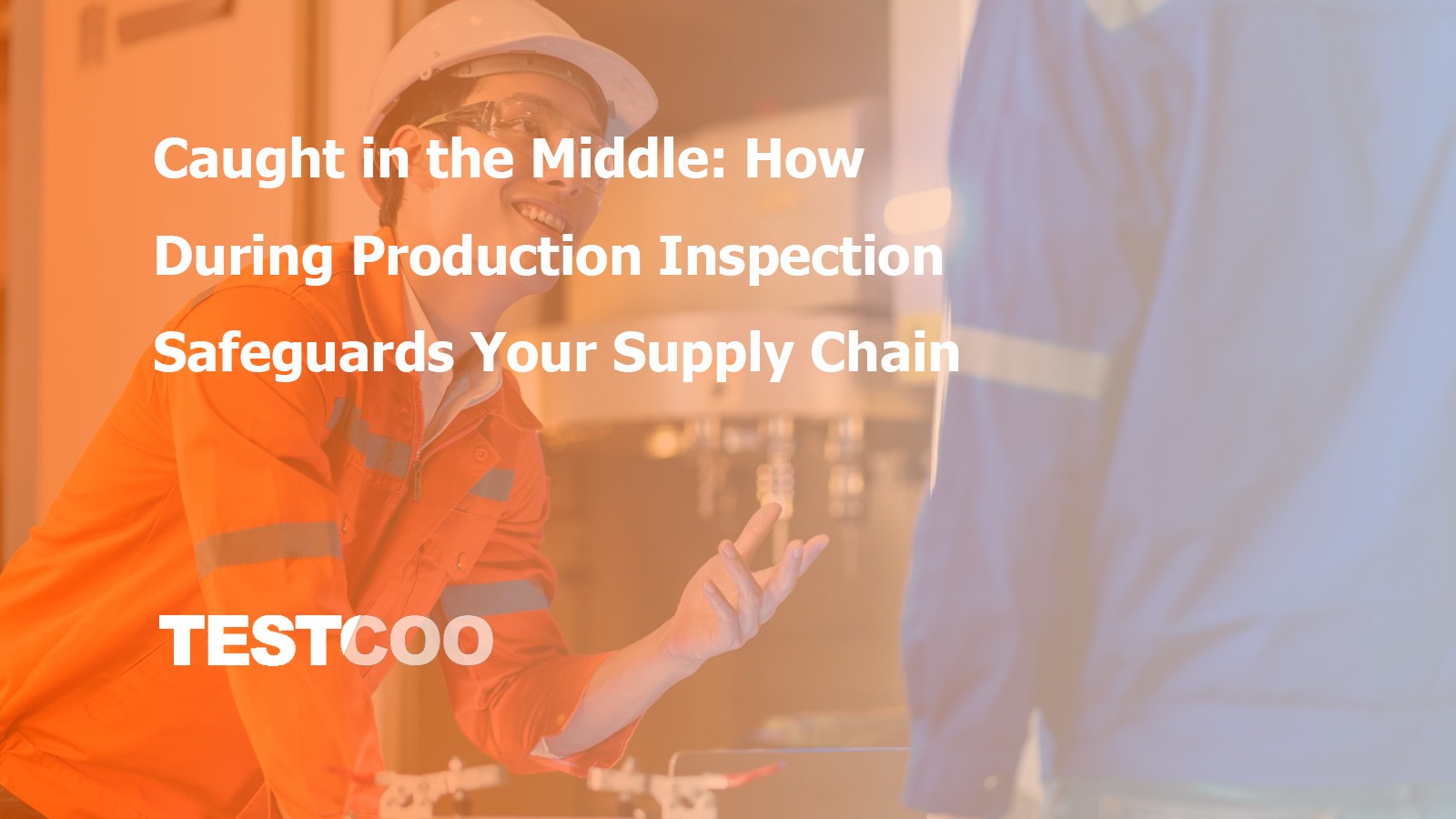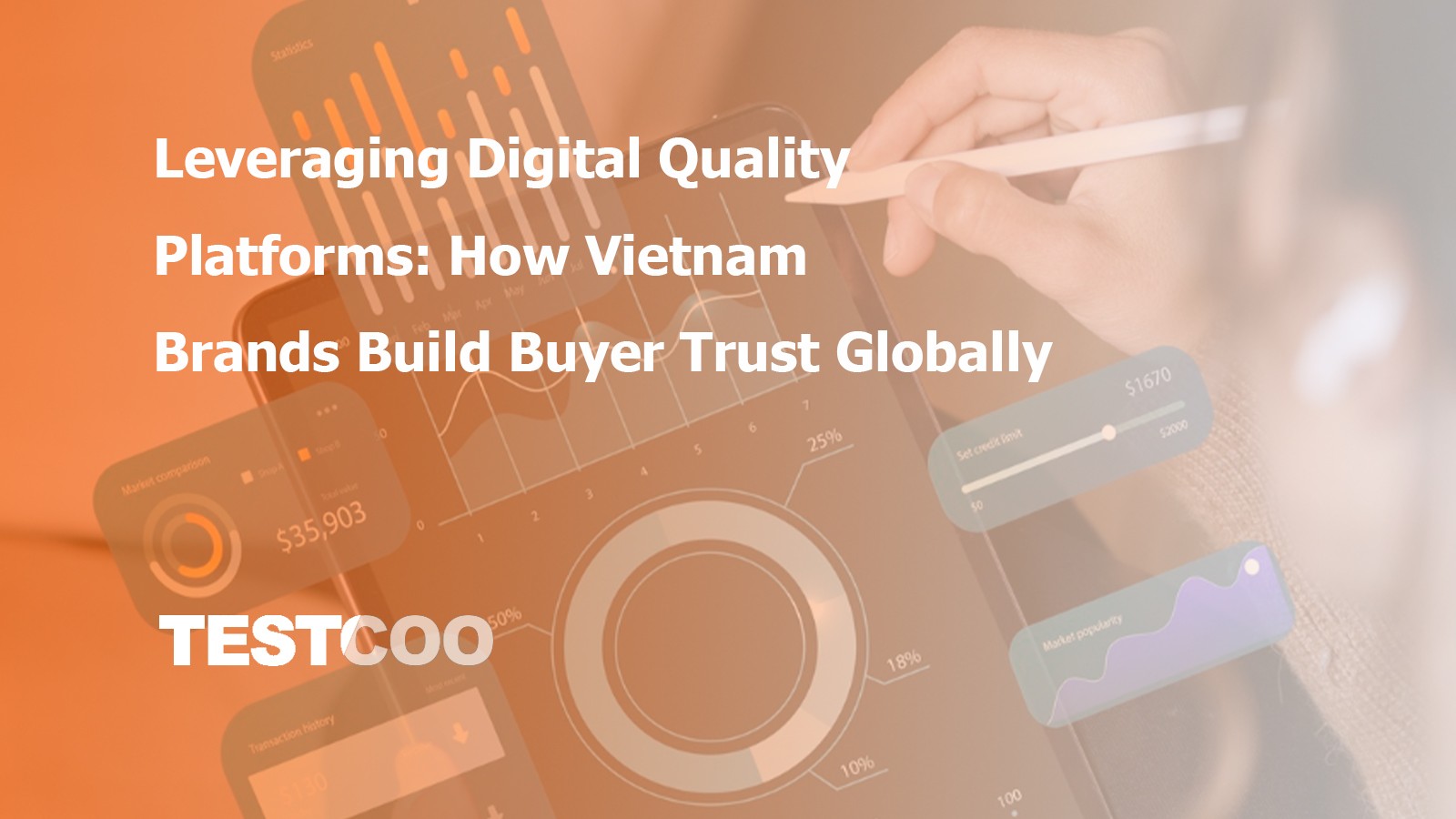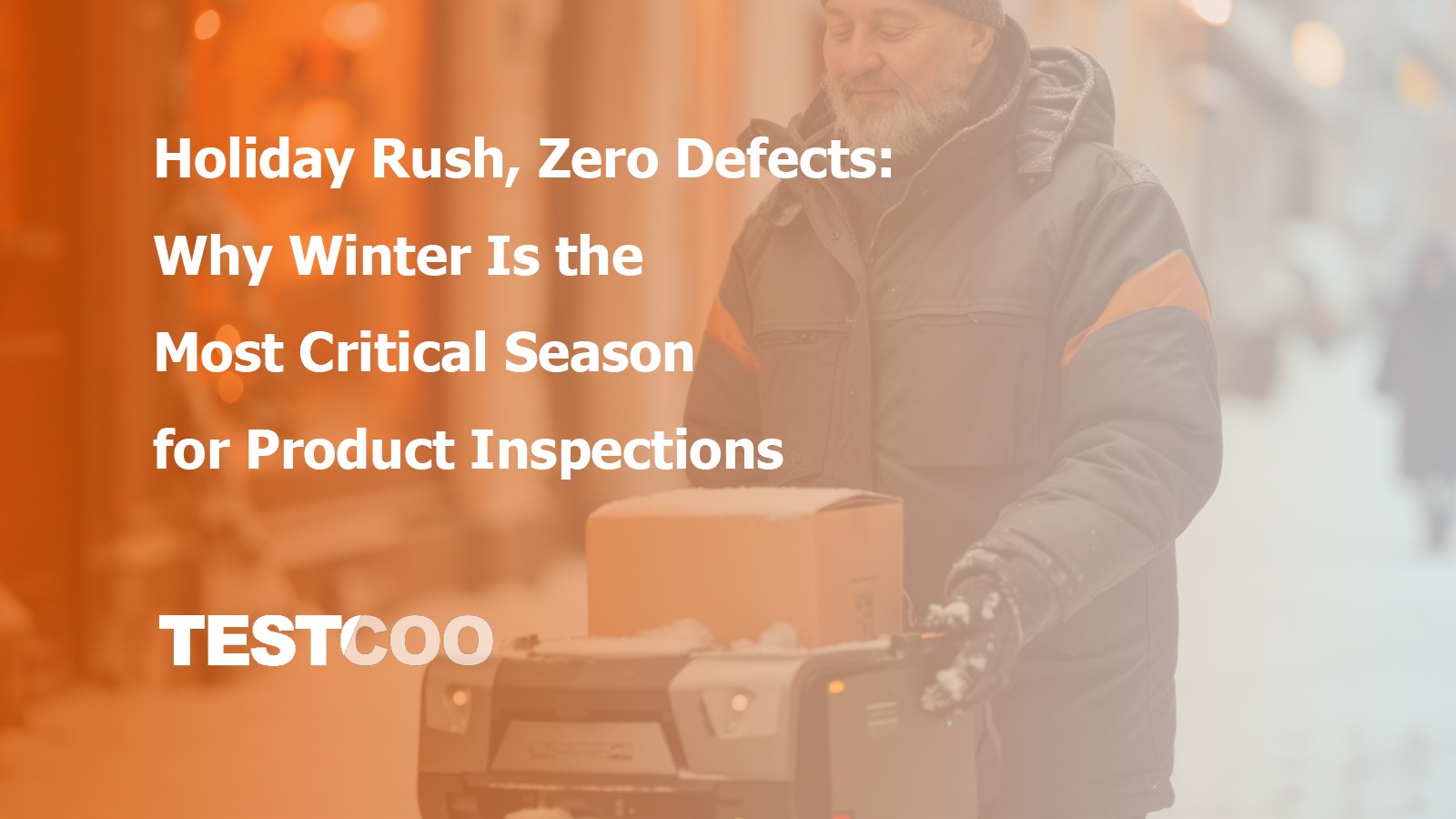Navigating Toy Safety Testing for US & EU Exports: A Focus on Southeast Asian Manufacturers
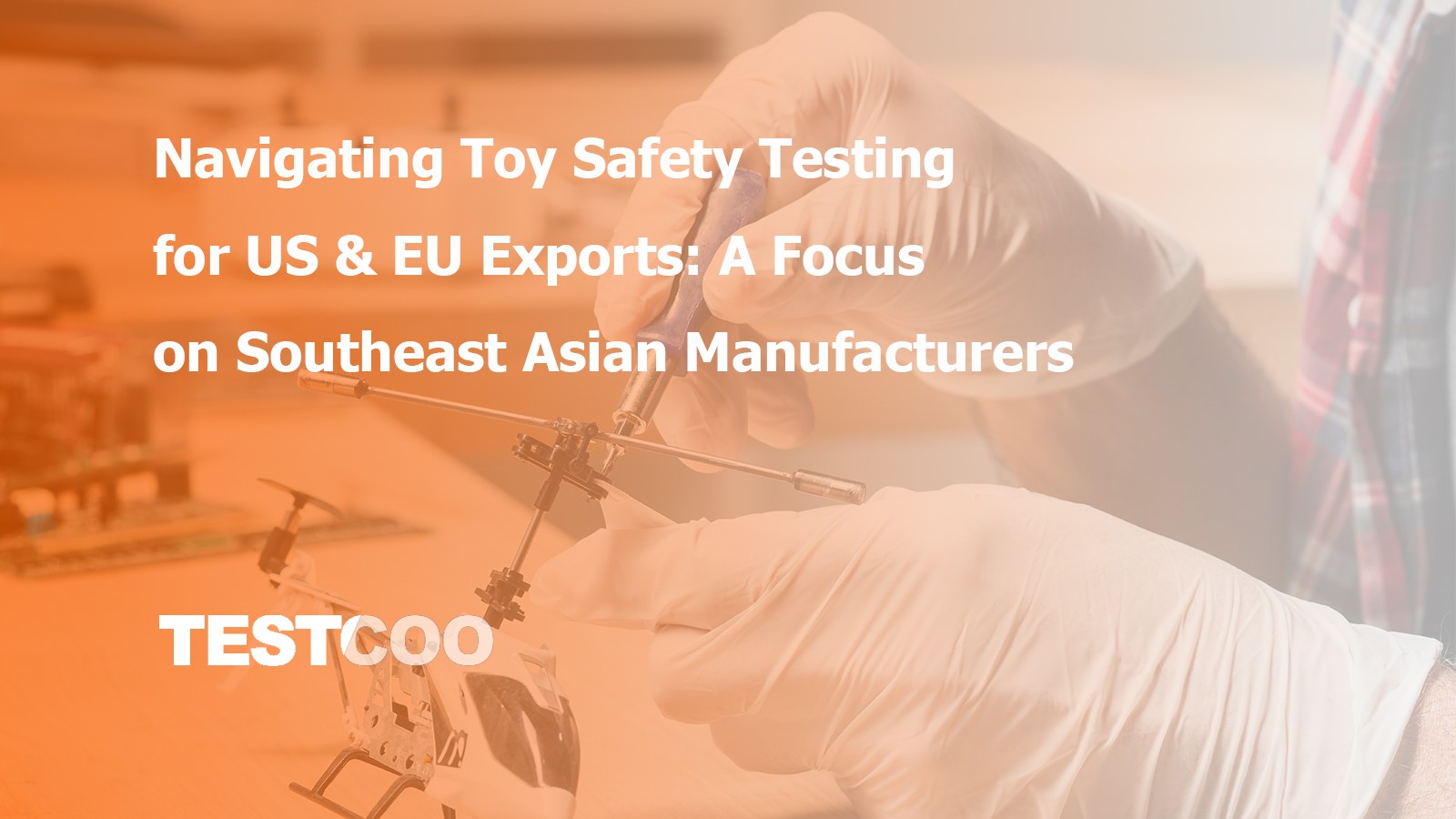
Understanding the Significance of Toy Safety Testing
Toy safety testing is of utmost importance when it comes to exporting toys to the US and EU markets. For Southeast Asian toy manufacturers focusing on EN71 and ASTM F963 standards, this testing serves as a cornerstone for several reasons.
First and foremost, the safety of children is at stake. Toys are an integral part of a child's growth and development, but if they are not safe, they can pose serious risks. Defective toys, such as those with small parts that can be easily swallowed, sharp edges that can cause cuts, or toxic substances that can harm a child's health, can lead to tragic consequences. In the US, the Consumer Product Safety Commission (CPSC) has strict regulations in place to protect children from unsafe toys, and non-compliance can result in product recalls, which not only endanger children but also cause significant financial losses for manufacturers. In the EU, the General Product Safety Directive (GPSD) ensures that toys placed on the market are safe for consumers, especially children.
Secondly, toy safety testing is directly linked to a brand's reputation. In today's highly competitive global market, consumers are more aware and cautious about the products they purchase for their children. A single safety incident involving a toy can quickly spread through social media and news channels, leading to a loss of consumer trust. Once a brand's reputation is tarnished, it can be extremely difficult to regain the confidence of parents and caregivers. Manufacturers who invest in thorough safety testing and can demonstrate compliance with international standards like EN71 and ASTM F963 are more likely to build a positive brand image, gain consumer loyalty, and expand their market share.
At Testcoo, we understand the criticality of toy safety testing. Our services are designed to assist Southeast Asian toy manufacturers in navigating the complex landscape of safety regulations. We offer comprehensive testing solutions that cover all aspects of the EN71 and ASTM F963 standards, ensuring that your toys meet the highest safety requirements before they enter the US and EU markets.
The Key Standards: EN71 and ASTM F963
EN71: The European Standard
EN71 is a comprehensive series of European standards for toy safety, designed to ensure that toys sold in the EU are safe for children. It consists of multiple parts, each addressing different aspects of toy safety.
The first part, EN71-1, focuses on mechanical and physical properties. This includes testing for small parts that could pose a choking hazard, such as small balls or detachable components on a toy. It also examines sharp edges and points that might cause cuts or punctures and the stability of toys to prevent them from toppling over during use. For example, a pull - test is conducted on small parts to see if they can be easily detached under normal or reasonable abuse conditions. If a small part can be removed with a certain amount of force and is small enough to fit into a small - parts cylinder (a standard test tool), it fails the test as it could be a choking risk for young children.
EN71-2 deals with the flammability of toys. Toys are tested to ensure that they do not burn too quickly when exposed to a small flame. This is crucial, as many toys, especially those made of fabric or plastic, could potentially catch fire. For instance, plush toys are required to have a low flame-spread rate. If a toy catches fire and the flame spreads along the toy at a rate exceeding the specified limit, it does not meet the EN71-2 standard.
EN71-3 is concerned with the migration of certain elements from toys. It sets limits on the amount of harmful substances, such as lead, cadmium, mercury, and others, that can leach out of the toy material, especially when a child puts the toy in their mouth or touches it. Toys are tested using specific extraction methods, and if the concentration of these elements in the extract exceeds the permitted levels, the toy is non-compliant.
For Southeast Asian toy manufacturers aiming to export to the EU, compliance with EN71 is essential. Non - compliance can lead to products being rejected at the border, removed from shelves, or even result in costly recalls. At Testcoo, our expert team is well-versed in EN71 testing procedures. We use state-of-the-art equipment to perform all the necessary tests, from mechanical stress tests to chemical analysis, ensuring that your toys meet the strict requirements of the EU market.
Read more here.
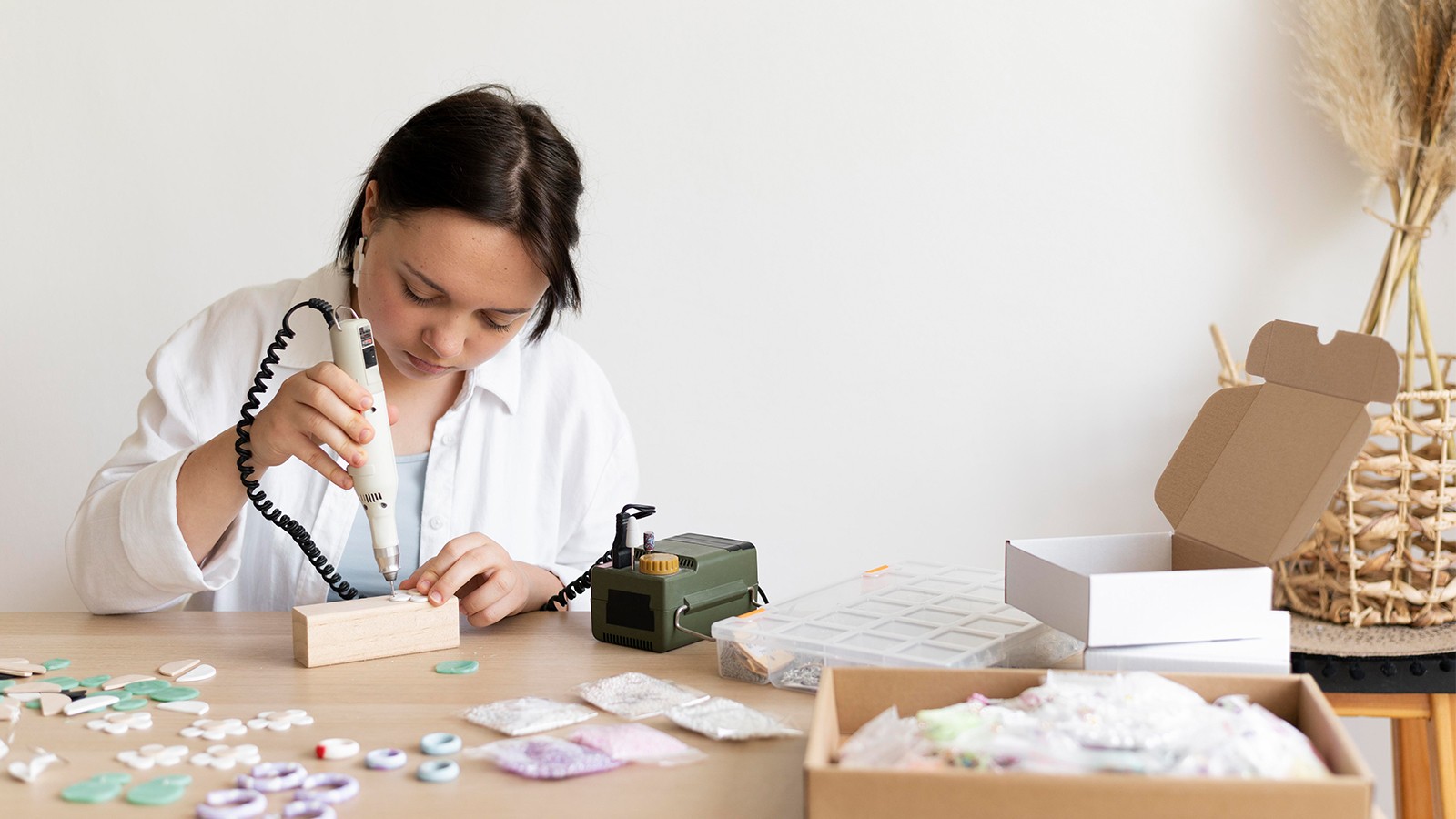
ASTM F963: The US Requirement
ASTM F963 is the American Society for Testing and Materials' standard for toy safety, which is also a mandatory requirement for toys imported into the US.
In terms of physical and mechanical performance, ASTM F963 has similar requirements to EN71-1. It includes impact tests, where the toy is dropped from a specific height to simulate accidental falls, and the toy should not break into small, dangerous parts. For example, a plastic toy car is dropped multiple times, and if it shatters into pieces that could cause injury, it fails the impact test. The standard also covers pressure and flexure tests to ensure that toys can withstand normal handling by children without deforming or breaking in a hazardous way.
The flammability requirements in ASTM F963 are also strict. Toys are tested for horizontal flammability, and the maximum self - combustion rate along the main axis of the toy is set at less than 2.5 mm/s. This means that if a toy catches fire, it should not burn rapidly, reducing the risk of a large-scale fire incident involving children.
Chemically, ASTM F963 tests for heavy metal migration, including eight toxic elements such as lead, mercury, and cadmium, similar to EN71-3. Additionally, it has a specific requirement for total lead content, which is a key point of difference. The test methods for these chemical analyses are well-defined, and manufacturers must ensure that the surface coatings and materials of their toys do not exceed the allowable limits of these harmful substances.
For Southeast Asian toy manufacturers looking to enter the US market, meeting ASTM F963 is non-negotiable. Testcoo offers comprehensive ASTM F963 testing services. Our laboratories are equipped to handle all aspects of the standard, providing accurate and timely test results. We can help you identify any potential issues early in the production process, saving you time and money by avoiding costly non-compliance issues later on.
Learn more about ASTM F962 requirements.
Challenges Southeast Asian Manufacturers Face
Southeast Asian toy manufacturers encounter a plethora of challenges when striving to meet the EN71 and ASTM F963 standards.
One of the primary challenges is technological. Many manufacturers in the region may lack the advanced manufacturing technologies and equipment required to produce toys that meet the strict physical and mechanical requirements of these standards. For example, precision-molding technologies are crucial for ensuring that toy parts fit together correctly and do not break or become detached easily. However, some smaller manufacturers in Southeast Asia may still rely on older, less precise molding machines, which can lead to issues such as inconsistent part sizes. This can cause toys to fail mechanical stress tests, like the pull test for small parts in EN71-1 or the impact tests in ASTM F963.
Cost is another significant hurdle. Meeting these safety standards often requires the use of higher-quality, more expensive raw materials. For instance, to comply with the strict chemical migration limits in EN71-3 and ASTM F963, manufacturers need to source materials that are free from excessive amounts of harmful substances. These materials may be more costly compared to the cheaper, lower-quality alternatives that some manufacturers might have previously used. Additionally, the cost of in-house testing equipment and trained personnel for conducting safety tests can be prohibitive. If a manufacturer chooses to outsource testing, the fees charged by third-party testing laboratories also add to the overall production cost. As a result, the increased production costs can squeeze profit margins, especially for price-sensitive markets where Southeast Asian manufacturers often compete on cost-effectiveness.
There is also a problem of incomplete understanding of the standards. The EN71 and ASTM F963 standards are complex and constantly evolving. Some manufacturers in Southeast Asia may not have a full-fledged research and development team dedicated to keeping up with the latest changes in these standards. This lack of understanding can lead to noncompliance. For example, new regulations may be introduced regarding the labeling requirements of toys, specifying the size, font, and language of safety warnings. If a manufacturer is not aware of these changes, their products may be rejected even if they meet all other safety criteria.
Moreover, communication barriers can exacerbate these issues. In some Southeast Asian countries, English may not be the primary language, and translating the detailed and technical standards accurately can be difficult. This language barrier can lead to misinterpretations of the requirements, further increasing the risk of noncompliance. At Testcoo, we aim to address these challenges. Our team can provide in-depth training to help manufacturers better understand the EN71 and ASTM F963 standards. We also offer cost-effective testing packages, taking into account the budget constraints of Southeast Asian manufacturers. Our multilingual support ensures that communication is seamless, helping manufacturers overcome language-related obstacles in the testing and compliance process.
How TESTCOO Can Help
Our Comprehensive Testing Services
We offer a wide range of comprehensive toy safety testing services that are specifically tailored to meet the requirements of EN71 and ASTM F963 standards.
Our mechanical and physical testing procedures are designed to rigorously evaluate a toy's durability and safety under normal use and reasonable abuse conditions. We conduct drop tests, where toys are dropped from various heights to simulate accidental falls. This helps us determine if the toy will break into small, potentially dangerous parts. For example, a plastic action figure is dropped multiple times from a height that represents a typical child related drop scenario. If it fractures into small pieces that could pose a choking hazard, we flag it as a non-compliant issue.
In addition, we perform pull tests on small parts, such as buttons, eyes on plush toys, or detachable accessories. By applying a specific amount of force, we can check if these parts can be easily removed. If they can be detached with the applied force, it indicates a potential choking risk, especially for young children. Our flammability testing follows the strict guidelines set by both EN71 and ASTM F963. We use specialized equipment to expose toys to a controlled flame source and measure the rate of flame spread. This ensures that toys do not burn rapidly and pose a fire hazard to children.
Chemically, our state of the art laboratories are equipped to analyze the migration of harmful elements from toys. We use advanced spectrometers to accurately measure the levels of lead, cadmium, mercury, and other regulated substances. Whether it's testing the paint on a toy car or the plastic material of a building block, we leave no stone unturned in ensuring that the chemical composition of the toy is safe for children. Our comprehensive testing services not only cover the core requirements of these standards but also keep up with any updates or new regulations, providing you with a one-stop solution for toy safety testing.
Factory Audits for Compliance
In addition to testing services, Testcoo offers valuable factory audit services. Our experienced auditors visit manufacturing facilities to assess the production processes and ensure compliance with the EN71 and ASTM F963 standards.
During a factory audit, we review the manufacturing processes from start to finish. We check the quality control measures in place, such as how raw materials are inspected upon arrival at the factory. For example, we verify that the plastics used in toy production are free from excessive levels of harmful substances by examining the material safety data sheets provided by the suppliers. We also look at the production line to ensure that the manufacturing equipment is well maintained and calibrated. Faulty equipment can lead to inconsistent product quality, which may result in toys not meeting the physical and mechanical requirements of the standards.
We assess the factory's testing capabilities, if any, to see if they are conducting in-house tests properly. If a factory claims to perform its own pull tests on small parts, we review their testing procedures, equipment, and record-keeping. This helps us determine if the factory's self-assessment is reliable. Moreover, we check the storage conditions of raw materials and finished products. Proper storage is crucial to prevent contamination or degradation of the materials, which could affect the safety and quality of the toys. By conducting regular factory audits, we help manufacturers identify areas for improvement, correct any non-compliance issues promptly, and maintain high-quality production processes that meet international safety standards.
Streamlining the Process
Testcoo understands the importance of efficiency and cost-effectiveness for Southeast Asian toy manufacturers. That's why we have implemented a streamlined process to help you save time and money while ensuring compliance.
Our online platform allows you to place orders for testing and factory audit services quickly and easily. With just a few clicks, you can provide the necessary details about your toy products, such as the type of toy, its materials, and the production volume. This eliminates the need for time-consuming paperwork and back-and-forth communication. Once you place an order, our team springs into action. We have a fast-turnaround policy, and you can expect to receive a detailed test report within a short period. Our reports are comprehensive, clearly stating whether the toy meets the EN71 and ASTM F963 standards, and if not, what specific issues need to be addressed.
We also offer cost-effective testing packages, taking into account the budget constraints of Southeast Asian manufacturers. By bundling different types of tests together, we can provide you with a more affordable solution without compromising on the quality of the testing. Additionally, our team of experts is always available to offer advice and guidance throughout the testing process. Whether you have questions about the standards, need help interpreting the test results, or want to know how to improve your product to meet the requirements, we are just a phone call or an email away. Our goal is to make the toy safety testing process as smooth and stress-free as possible for you, allowing you to focus on what you do best manufacturing high-quality toys for children around the world.
Free Sample Report Performance Quality Control
Download a sample report to keep control of your supply chain!
Featured Articles
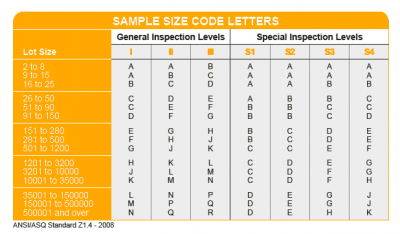 AQL Table | How to Read It
AQL Table | How to Read It TOP 10 Common Defects in Garments Quality Inspection
TOP 10 Common Defects in Garments Quality Inspection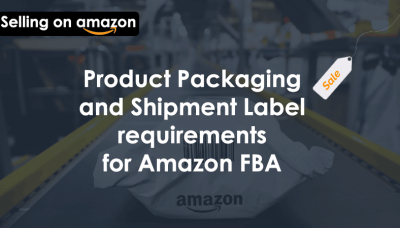 Product Packaging and Shipment Label requirements for Amazon FBA
Product Packaging and Shipment Label requirements for Amazon FBA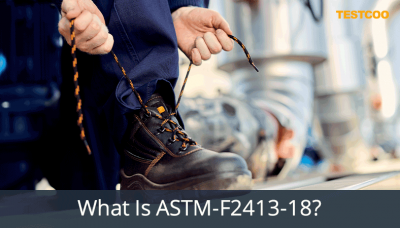 What Is ASTM-F2413-18? Protective Footwear Standard
What Is ASTM-F2413-18? Protective Footwear Standard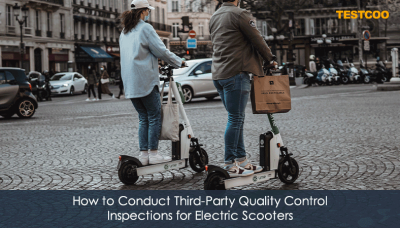 How to Conduct Third-Party Quality Control Inspections for Electric Scooters
How to Conduct Third-Party Quality Control Inspections for Electric Scooters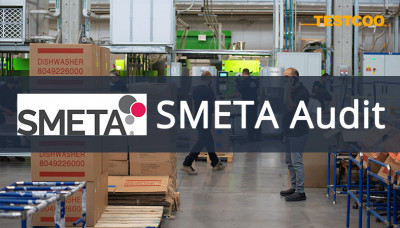 SMETA Audit-What is SMETA Audit?
SMETA Audit-What is SMETA Audit?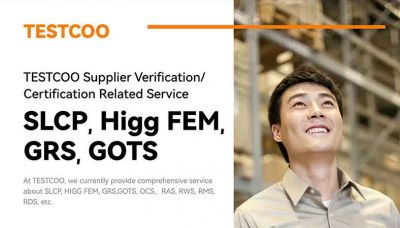 TESTCOO Supplier Verification/Certification Service SLCP, Higg FEM, GRS, GOTS
TESTCOO Supplier Verification/Certification Service SLCP, Higg FEM, GRS, GOTS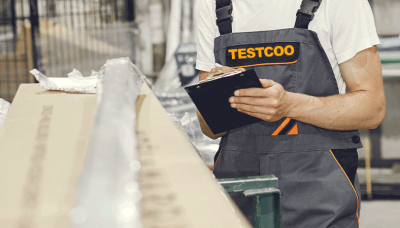 Quality Control Inspection Company in China
Quality Control Inspection Company in China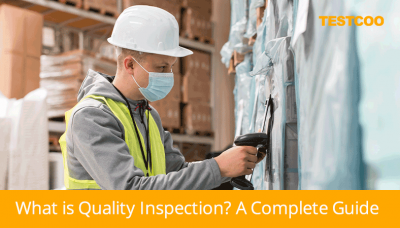 What is Quality Inspection? A Complete Guide
What is Quality Inspection? A Complete Guide Guidelines for Product Inspection in India
Guidelines for Product Inspection in India
Category
- Production Inspection Service
- Factory Audit
- Softline Inspection
- Hardline Inspection
- Electrics Inspection
- Certification
- Checklist
- Manufacturers
- Quality Assurance Basics
- Products Recall
- AQL
- Guidence and Standard
- News
- Supplier Management
- Amazon
- Protective Equipment
- e-commerce quality control
- Indian Manufacturing
- Soft Goods Quality Control
- Supply Chain Management
- Supply Chain Resilience
- E-Commerce Quality Control
- ISO 2859
- Supply Chain Optimization
- Garment Industry
- Higg Index

